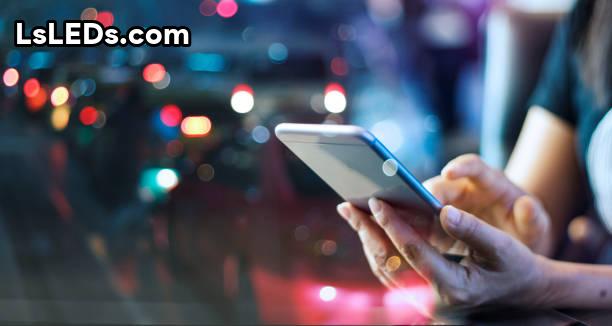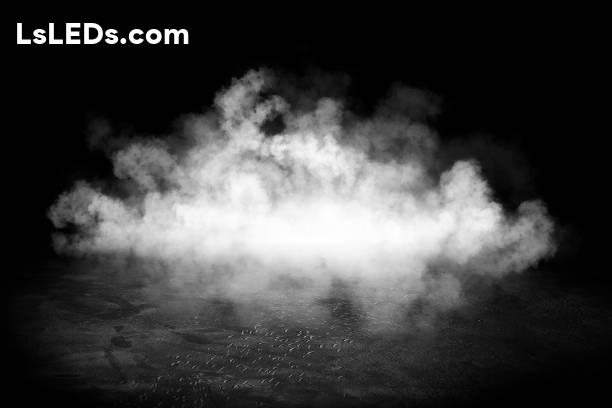
Table of Contents
Is it OK to have LED lights in your room?
It is a very safe place. Some of the LEDs emit blue light, which is a demerit. You should take into account the fact that you are exposed to blue light from a lot of different sources.
Is it bad to have LED lights in your room?
According to the American Medical Association, life-long exposure to blue peaks from LEDs can increase the risk of eye diseases. Studies show that light emitted by LEDs can cause changes in the eye.
Is LED light good for bedroom?
Are the lights good for the bedroom? It’s great that the lights use less energy than the usual ones. Warm white tones and color temperature are ideal for the bedroom as it helps promote a good night of sleep.
Is it safe to have LED lights on all night?
Due to their low power usage and low heat output, the LEDs are ideal for long periods of time. They can be used as a night light or background accent light.
Why shouldn’t you leave red LED lights on at night?
A number of studies show that light exposure at the wrong time can affect health. You can end up in a vicious cycle if you don’t have a good night’s sleep.
Are LED Strip Lights good for bedrooms?
The bedroom has a lot of design features that draw attention to them. A perfect mood lighting option that can be placed along skirting boards, it is ideal for use around the bed to bring out ceiling or design accents.
Are LED strip lights safe for bedroom?
By paying attention to the bulb specifications, taking appropriate precautions, and using basic common sense, you can make sure that the lights in your house are safe to use.
Are LED lights for bedroom worth it?
The dimming capability of the lights makes them perfect for bedrooms. These lights come in a wide range of color temperatures and light intensities so you can create a cozy atmosphere or make sure the light is clear.
Where should LED strips be placed in a bedroom?
If you want to promote sleep and reduce eye irritation, put a circle of light strips on the bottom of the bed, but don’t turn on the main light at night.

Can LED strip lights catch fire?
Even though they are hot, led strip lights are not likely to catch fire. Incandescent bulbs emit excessive heat, the light sources can ignite a fire on overheating, but as the light source produces light at a lower temperature, they don’t catch fire as easily.
Can LED strip lights overheat?
The lights can get hot. We know that LEDs can run at high temperatures, but there is a limit to how much can be done in a day. It’s important to use adequate heatsinking to keep the lights cool.
Do LED lights get hot enough to start a fire?
The technology of LEDs doesn’t require heat to produce light, so they won’t start a fire. Most of the energy used by HID lights is absorbed by the light that is 800 nanometers in wavelength.
HOW LONG CAN LED strip lights stay on?
Well-manufacturedLED lights can be left on for 7 days a week and can be left on for 24 hours a day. Unlike conventional types of light, LEDs produce minimal amounts of heat, which means they are not likely to burn down.
Can you sleep with LED strip lights on?
They can if they use the correct way. They should be used on low voltages. If you want to connect to a higher voltage, you need to use an alternative source of light. The low voltage arcs caused by the traditional lamp lamps will be dissipated by the LEDs.
What are the disadvantages of LED lights?
What is the major disadvantage of LED lights?
The red end of the spectrum emits more blue light than the blue end of the spectrum when it comes to light bulbs.
Is LED light harmful to health?
Today’sLED lights are just as safe as any other modern light source for your eyes, and, in fact, they are used in skin and other health therapies because they don’t contain ultraviolet rays like other types of light therapies.
What is the advantage of LED lighting?
Not only doLED holiday lights consume less electricity, they also have a number of other benefits. The LEDs are resistant to breakage and are made with a different type of lens.
When should you not use LED lights?
If the value is no, the bulb shouldn’t be used indoors. If the light bulb is not designed for it, it may cause the bulb to heat up and cause damage to the fixture.
